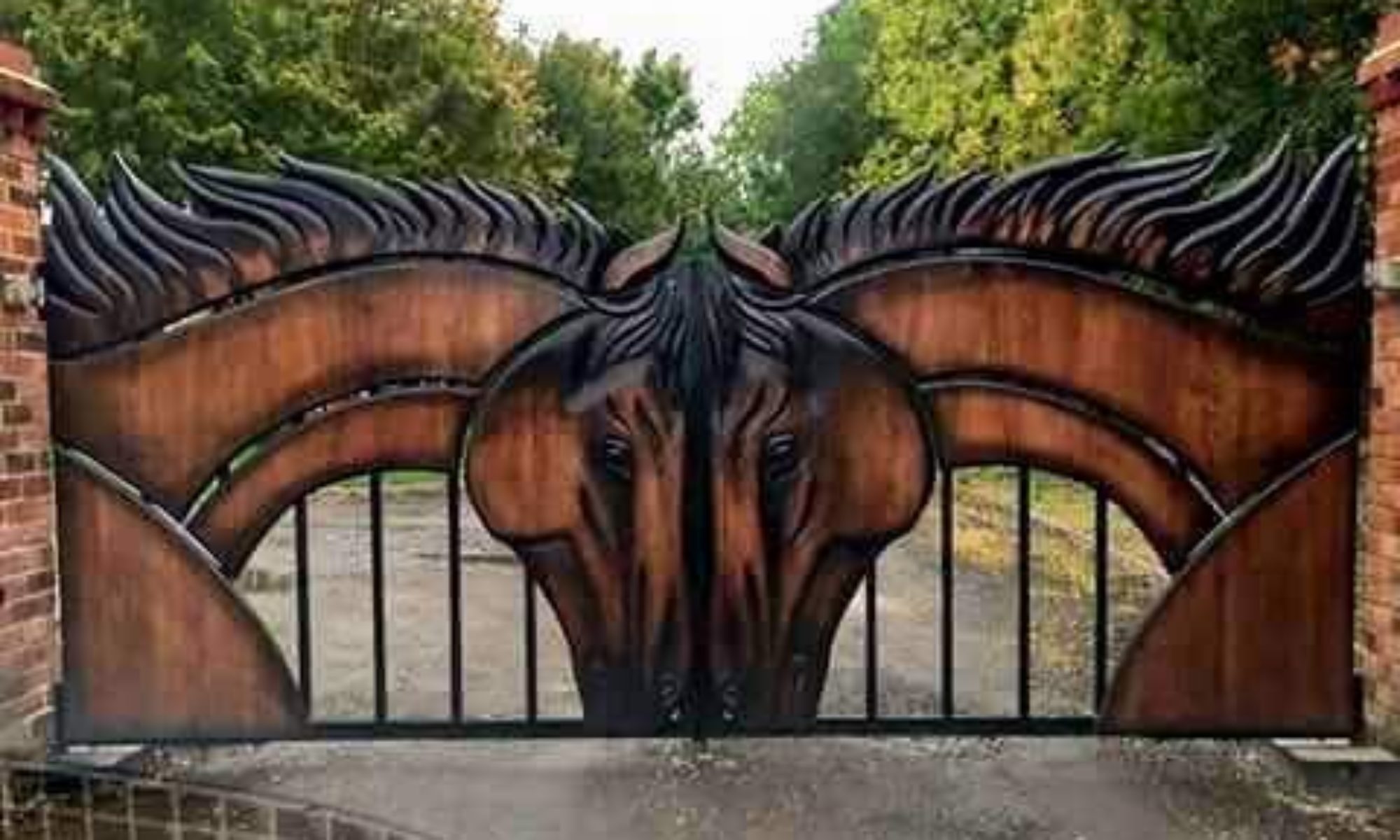Causes Of Clogged Drains And How To Fix Them?
Clogged drains is one of the most common plumbing problems homeowners face. There are many different causes of clogged drains, and many different ways to fix them.
1. Hair
Hair is a big culprit of clogged drains – especially in bathroom drains, like your shower and sink. If enough hair gets down in your drains, it can cause water backups and clogs.
2. Soap
We are all familiar with soap scum that can accumulate over time in bathroom and shower drains. When combined with other materials, like hair and dirt, it can lead to clogs.
3. Oil, Grease and Fat
Oil, grease and fat should never be washed down the drain as it solidifies and hardens in your pipes, ultimately causing clogs. Contrary to popular belief, even running hot water down the drain won’t resolve this problem.
4. Flushing Non-Flushable Items
The only items that should be flushed down a toilet are waste and toilet paper. Flushing non-flushable items, such as cotton balls, hair, toys, feminine hygiene products, and paper towels can cause clogs. Even flushable wipes aren’t the best, as they don’t disintegrate as well as regular toilet paper and could clog your pipes overtime.
5. Tree Roots
If you have a crack in your pipes, even if a very tiny crack, tree roots can get inside and cause blockages. Eventually, this will obstruct water flow and cause damage to your plumbing.
6. Too Much Toilet Paper
Even though toilets are meant to handle toilet paper, too much toilet paper can lead to clogs. If you’re using more than a few squares at a time and noticing frequent clogs, then this could be the cause of your problem.
7. Dirt and Sand
We see this a lot, especially in the summertime. You’re outside a lot, spending time at the beach or watching your kids play in the pool. After all the fun is over, it’s time to take a shower. If you don’t wash off before stepping into the shower or bath, all that dirt and sand can get into your drains and clog them.
How To Fix Your Drain Clogging Issues
Drain clogs can be vert inconvenient to deal with. Whether you’re noticing clogs in your kitchen, bathroom, or somewhere else around your house, make sure to ditch the store-bought drain cleaner. This stuff can really do more damage to your pipes. It’s best that you contact a professional drain cleaner to help clear your drains once and for all. After your drains are back to new, consider taking the following preventative measures to avoid these problems in the future:
- Hair: Use a hair strainer drain guard that will prevent any hair from going down the drain.
- Soap: To prevent soap scum from accumulating, use liquid soap instead of bar soap and keep your shower dry as much as possible.
- Oil, Grease and Fat: Refrain from ever pouring oil, grease or fat down your sink.
- Flushing Non-Flushable Items: Never flush anything that isn’t toilet paper or waste, including flushable wipes.
- Tree Roots: Cut trees around your sewer line, or create a barrier between your trees and sewer line.
- Too Much Toilet Paper: Use less toilet paper in a single flush.
- Dirt and Sand: Always wash off before stepping foot into the shower or bath.
Got Clogged Drains? Cool Touch Is Here For All Your Drain Cleaning Needs In the Phoenix and Prescott Valley Metropolitan Areas!
We are here for all your drain cleaning needs in the Phoenix and Prescott Valley Metropolitan Areas! For over 20 years, we have been your trusted home comfort specialists for all things HVAC, plumbing, and indoor air quality. Contact us today to schedule your appointment by visiting us online here.
The post Causes Of Clogged Drains And How To Fix Them? appeared first on Cool Touch Air Conditioning & Heating.








